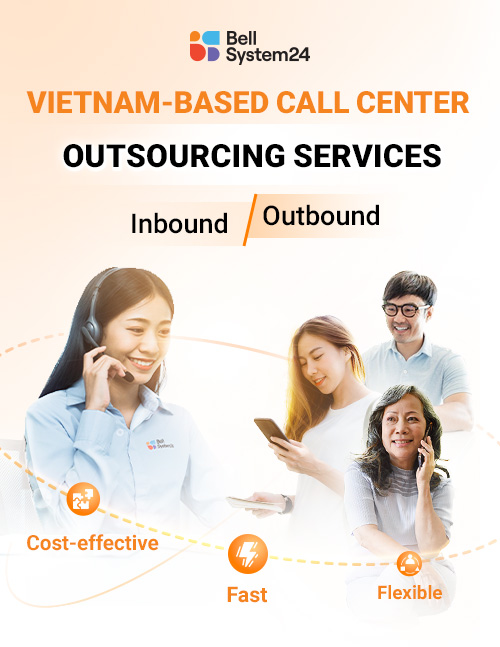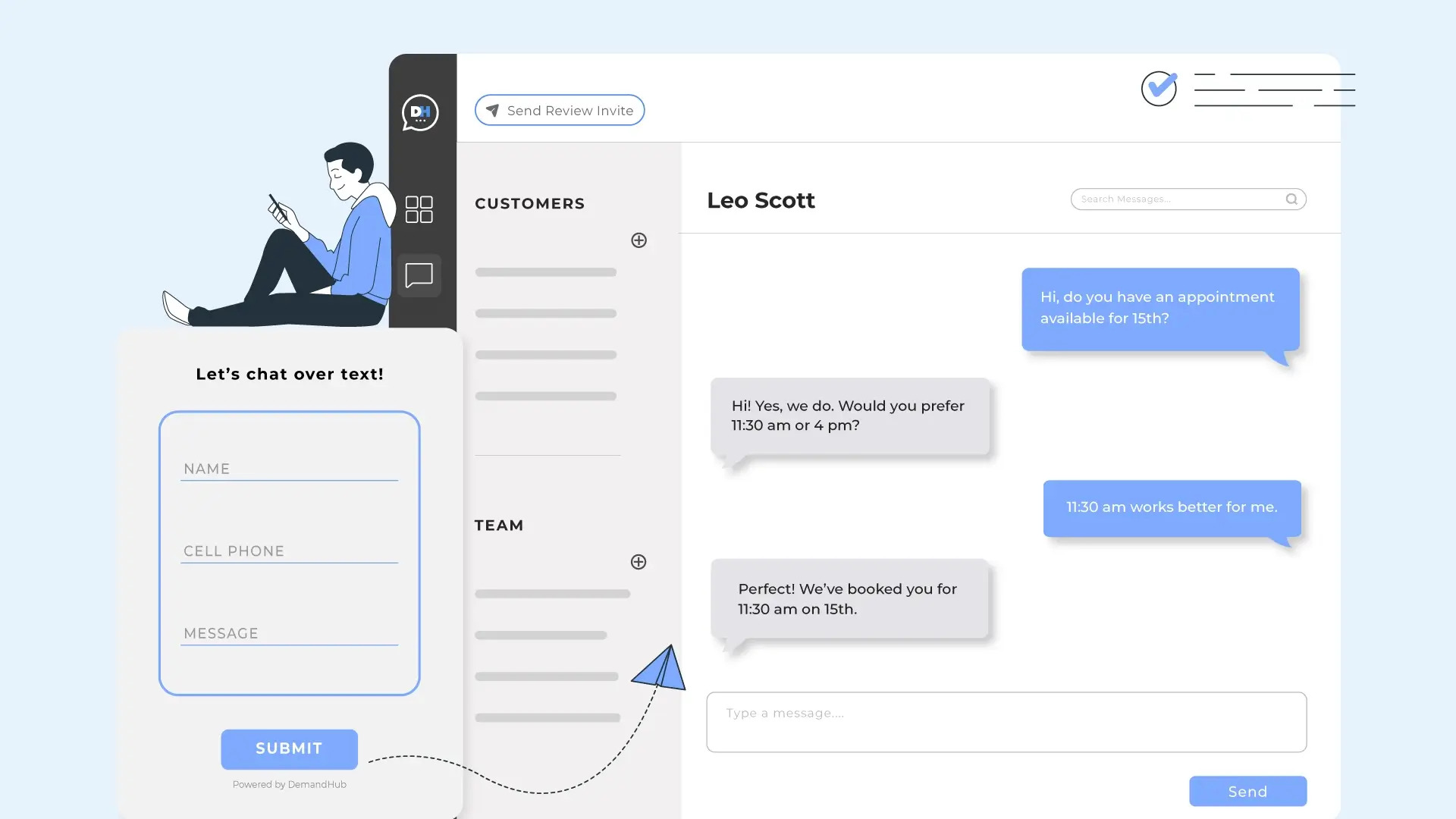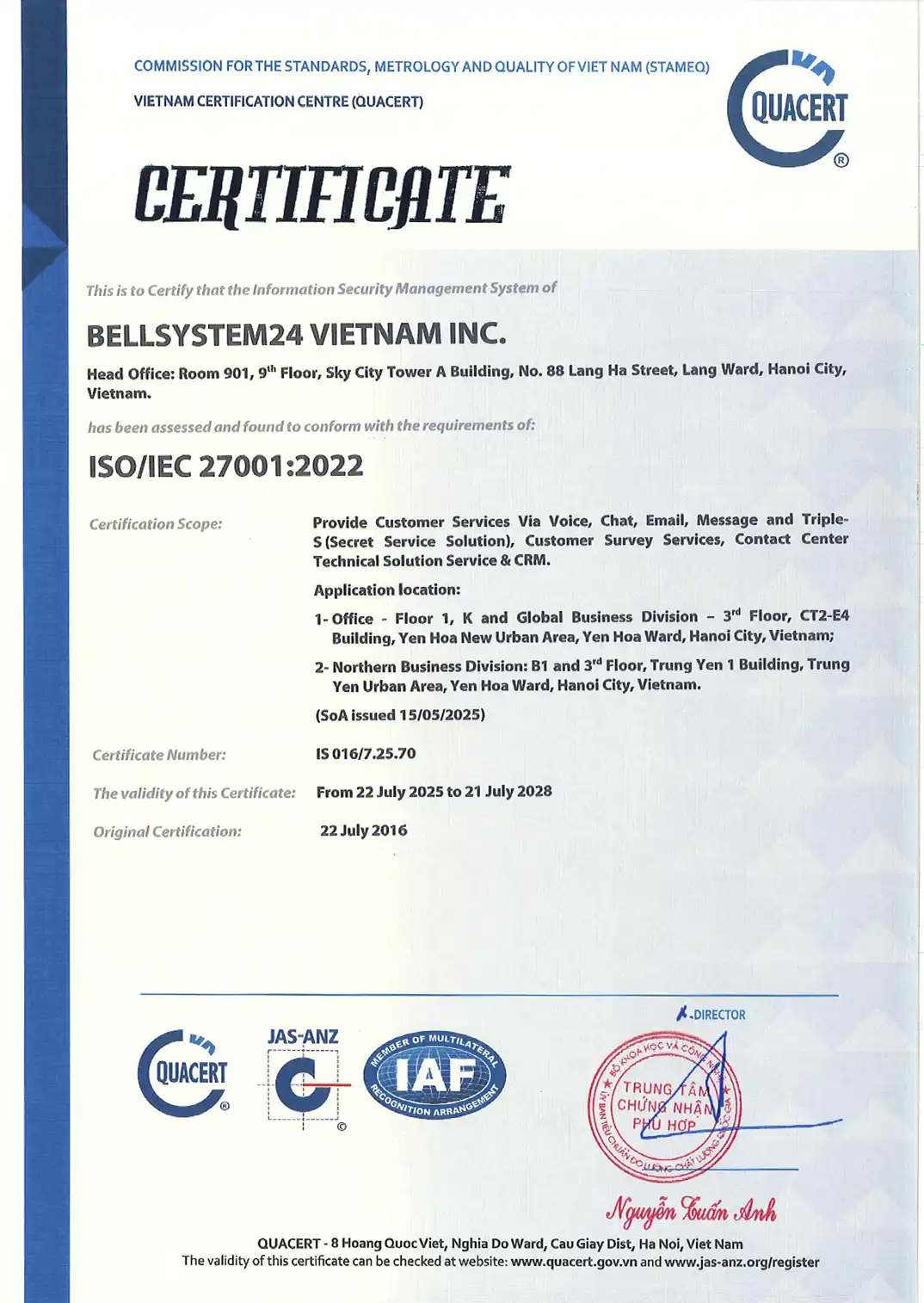More and more businesses are focusing on staff training to improve work performance, build teams, and develop internal culture. In the context of the pandemic, online training is gradually becoming a learning trend that many businesses prioritize. From there, the concept of LMS was born and widely implemented thanks to the outstanding advantages that this system brings.
What is LMS? 5 outstanding advantages of LMS for businesses
LMS, or Learning Management System, means Online Training Management System in Vietnamese. Simply put, LMS is software that allows you to manage and operate materials, instructions, monitoring, and reporting, while also providing any e-learning programs.
Although it had been around for some time, it was only after the impact of Covid-19 that LMS began to receive attention for development and gradually became the ideal training solution for businesses. The five most notable advantages of LMS that help businesses accurately address the "pain points" in human resources training include:
- Save time and money
The essence of the LMS training system is its ability to connect online. Wherever there is Internet, LMS works. Employees can actively participate in training wherever they want instead of having to spend time going to the office as before. If a business needs to conduct training regularly, E-learning becomes the perfect solution to minimize office, travel, and booking costs.

- Accommodating diverse student sizes
Thanks to LMS, training plans can be implemented simultaneously in multiple locations without being limited by geography, time, or weather. Even busy employees can arrange, absorb, and complete the learning program. Notably, the number of learners that LMS can accommodate simultaneously ranges from a few hundred to several thousand. With just a few simple steps to access the system, learners will be provided with all the necessary information. This allows learning to be implemented quickly and tailored to the diverse needs of each individual.
- Simple and effective in management
One of the key strengths of the LMS training management system is its ability to automatically generate reports and track the learning progress of students in detail. At this point, all training activities will be recorded, statistically analyzed, and stored comprehensively on a single, intuitive and dynamic screen.
- Proactively customize and update content
Thanks to the online storage capabilities of the LMS, all documents and course materials are centralized in one source. This allows training staff to easily update content regularly and continuously, rather than having to rewrite everything from scratch. The synchronized notification feature, which sends notifications to learners simultaneously, is also a strong point that supports convenient and seamless training.

- Create a personalized learning environment
Online training programs on LMS are mostly designed like real-life classrooms if high-quality and suitable software is chosen. Comprehensive supporting materials such as videos, audio, and visual images are provided to enhance interaction between learners and between learners and teachers. As a result, internal gaps between staff are narrowed, and knowledge is acquired as effectively as with traditional learning methods.
4 things businesses need to consider when implementing an LMS
LMS is the current trend and will continue to grow in the future. To choose an LMS that aligns with the company's values, businesses need to consider four important factors:
- User-friendly interface
The registration and login process must be simple and secure. The main screen should be intuitive and include all the necessary information to start courses. Some LMSs even allow users to search for and recommend courses that suit their needs and preferences. In particular, fonts and content layout should also be presented in a simple, easy-to-understand manner to avoid unnecessary misunderstandings.
- Compatible with many devices
The majority of the population now accesses the Internet on phones, PCs, laptops, or tablets. Therefore, the chosen LMS must also function well on all these platforms to ensure users can access courses anytime, anywhere.
- High data security and safety
When it comes to corporate training needs, information security and safety are mandatory and of utmost importance. Course data is proprietary, and all user information must be protected. Therefore, the selected LMS must incorporate multiple layers of proprietary security and have cloud servers for data storage.

- Support for Q&A responses
Any electronic application requires a customer support department, not only to guide users through operations but also to resolve technical issues that arise. Therefore, it is essential to prioritize LMS platforms with a dedicated 24/7 support team that possesses the necessary expertise to address any issues promptly upon contact.
Micro learning, macro learning, and what businesses need to know
The appropriate business type for implementing an LMS
Any operating business will need an LMS due to its outstanding support in staff training. However, in reality, each organization will have different strengths and weaknesses. Currently, LMS for businesses mainly targets two main groups:
- Large enterprises (>200 employees)
These are companies with a large workforce, so they are extremely interested in developing internal training processes. Companies of this type often have high demands for software customization to best suit their specific scale and operating methods.

- Small and medium-sized enterprises (fewer than 200 employees)
Typically, these businesses do not have a clear direction for online training or are eager to develop a training culture but lack solutions. Most businesses of this type also lack technical staff or a dedicated department with extensive experience in implementing e-learning training. Or, simply put, the organization has diverse departments and needs a specialized training support tool.
With an LMS, businesses can proactively design courses while systematizing internal training methods. This allows them to quickly improve the skills of their workforce and reduce pressure on HR specialists. Especially for small and medium-sized businesses without a dedicated department, an LMS helps maximize savings in time, costs, and effort to build a structured online process from scratch.
Check it out now: Comprehensive training program, from Agent position to senior management

Bellsystem24-Vietnam's LMS is one of the most prominent online training management systems for small and medium-sized businesses in Vietnam, with over 15 years of research and development experience. Thanks to its diverse customization features, easy integration capabilities, intuitive and attractive interface, dozens of automated report templates, and especially its commitment to ongoing support, Bellsystem24-Vietnam's LMS is a practical solution for all businesses looking to deepen their comprehensive digital transformation while developing human resources capabilities and retaining the best talent.







